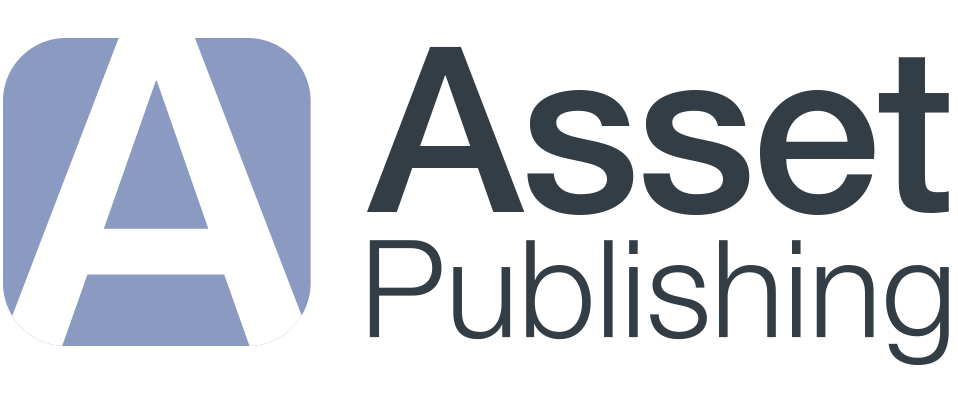Growthpoint Properties beats FY2025 guidance with early return to growth

Growthpoint Properties says its return to growth during FY2025 is a full year earlier than initially expected with the REIT exceeding the top end of its guidance for the year ended 30th June 2025, reporting distributable income per share (DIPS) of 146.3 cents per share – up 3.1% from FY2024 and a total dividend per share (DPS) of 124.30 cents per share, reflecting a 6.1% increase.
The Group’s better-than-expected half year results, driven by an improved performance from its South African portfolio, better finance cost expectations, and an outperformance from the V&A Waterfront, marked a turnaround with an upgrade to its guidance to growth of between 1% and 3%. A further upgrade in June 2025 tightened its guidance range at the upper end of between 2% and 3%.
The REIT’s diversified R66.7 billion portfolio comprising retail, office, logistics, and industrial assets, represents 50% of its total asset book value, contributing 51.2% of DIPS with the portfolio’s value increasing 2.2% or R1.4 billion for the reporting period.
Rental renewal growth improved while vacancies reduced moderately with an increase in like-for-like net property income (NPI) to 5.9%.
Growthpoint says its office portfolio delivered the most pronounced improvement among its South African assets, achieving a like-for-like NPI of +6.8% (FY2024: -1%). Vacancies reduced to 14.6% with an improvement in rental renewal growth from -14.8% to -3.2%. Over half of its leases were signed at equal or higher rentals. For the second year, its office portfolio printed positive valuation growth of 1.9%.
Its logistics and industrial portfolio delivered the strongest performance in FY2025 with vacancies having reduced – and contained – to only a few properties with like-for-like NPI having increased 5.5% with the portfolio’s value growing by 3.1%. The Group says 59% of new and renewed leases were signed at the same or higher rentals.
The REIT’s retail portfolio recorded like-for-like NPI growth of 5.3% and low core vacancies of 4.4% with the portfolio’s value increasing by 2.2%. Footfall and trading density across its retail assets increased at 4.8%, outperforming the Clur International benchmark. Its community centres led annual trading density growth by type (7.6%) while its Western Cape shopping centres outperformed by region (5.3%).
The V&A Waterfront, in which Growthpoint owns a 50% interest, outperformed with its NPI increasing by 10.4%. The precinct has a property value of R13.3 billion, making up 10% of its total asset book value and contributing 16.3% to DIPS for FY2025. Its retail tenants reported an increase in sales of 5.8% to over R10 billion while the V&A Waterfront’s office assets’ NPI increased by 17% and like-for-like by 10% on the back of strong demand and near-zero vacancies.
Hotels, residential and leisure increased NPI by 10% with like-for-like growth of 27%. The V&A’s hotels recorded 23.8% higher average daily rates, steady occupancy and increased overall revenue per available room.
The REIT’s directly held South African portfolio of logistics, industrial, office, and retail assets has been trimmed over the past decade from 471 to 328, reducing its gross lettable area (GLA) by 18.9%. It says that while its property count has reduced, its core South African portfolio has been significantly improved. During FY2025, the Group disposed of 25 non-core assets for R2.5 billion at a R37.9 million profit-to-book value and invested R1.6 billion in development and capital expenditure.
38% of its property assets by book value are currently located offshore and 28.7% of its DIPS was generated offshore, reporting foreign currency income of R1.4 billion for the period (FY2024: R1.6 billion).
Growthpoint Australia (GOZ), which invests in industrial and office assets, accounts for 23.2% of the Group’s total assets by book value and contributed 20.4% to DIPS.
Globalworth Real Estate Investments (GWI), which invests in offices and mixed-use precincts in Poland and Romania, represents 12.2% of Growthpoint’s total assets by book value and a 5.1% contribution to DIPS. Growthpoint says GWI displayed an improvement with stronger key metrics with the portfolio value increasing by 0.8% to €2.6 billion. Like-for-like NPI grew 6%, offset by higher interest costs due to the recent Eurobond refinance.
Lango, which invests in prime commercial assets in key gateway cities across the African continent (excluding South Africa) accounts for 1.7% of the REIT’s total assets by book value, making up a 2% contribution to DIPS. Lango finalised the acquisition of US$200 million of assets from Hyprop Investments and Attacq Limited.
Growthpoint exited its investment in the UK, selling its stakes in Capital and Regional, and post FY2025, NewRiver REIT.
The watershed year resulted in the REIT upgrading its payout ratio to 87.5% for H1 2025. Together with the 82.5% payout ratio from H1 2025, Growthpoint’s full year payout ratio is 85%. The REIT says it will maintain its payout ratio at 87.5% for FY2026.
Its Group SA REIT loan-to-value (LTV) ratio decreased to 40.1% from 42.3% at FY2025 with R0.9 billion in cash and R4.7 billion in unutilised committed debt facilities.
Current CEO of Growthpoint Properties South Africa, Estienne de Klerk, has been appointed as Group CEO of Growthpoint Properties with effect from the 1st of July 2026 following current Group CEO Norbert Sasse’s retirement announcement. Its Board also announced Group CFO Gerald Völkel’s retirement to be succeeded by José Snyders, current CEO of Liberty Two Degrees.
